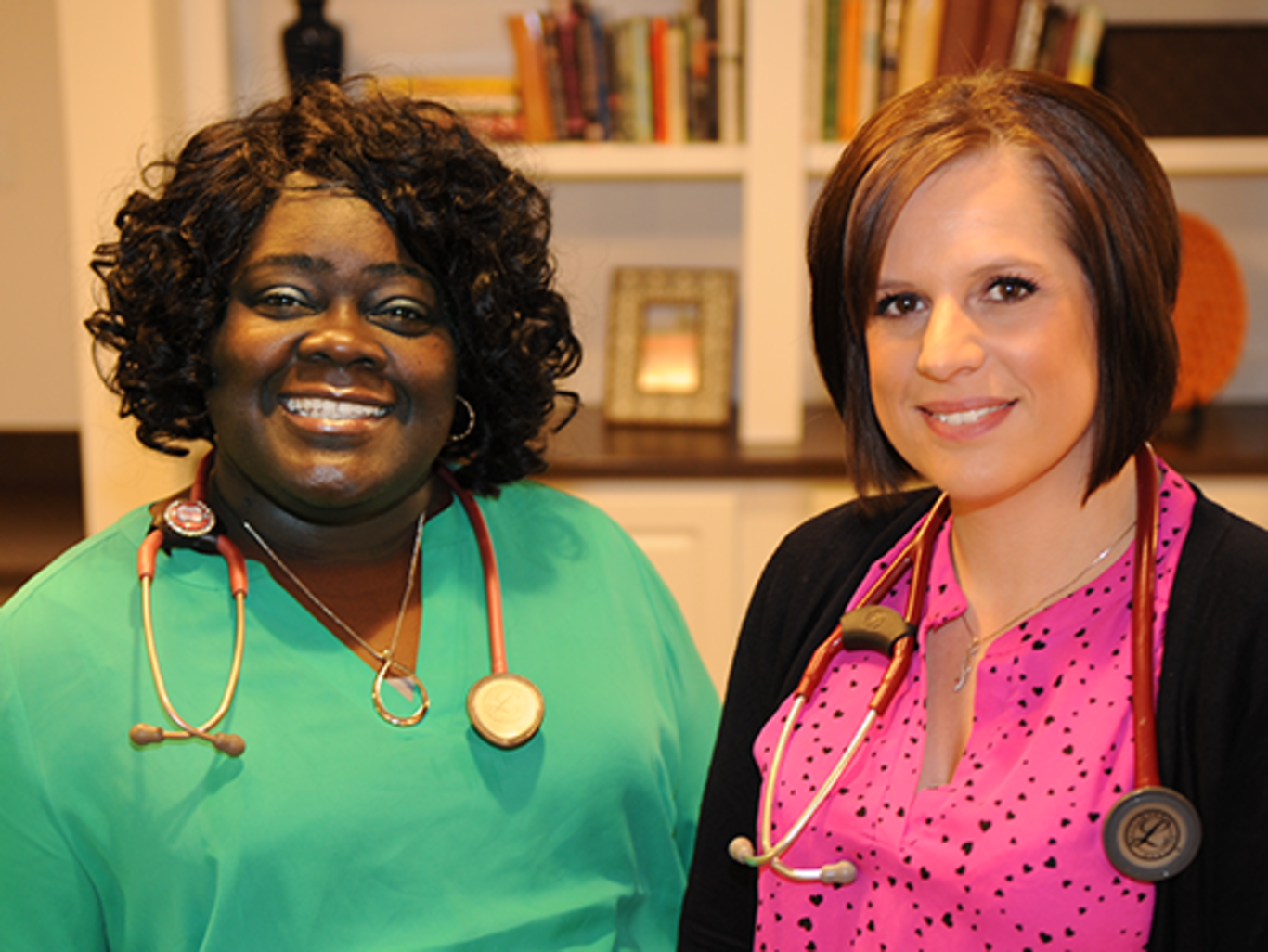
Pediatric medicine or acute care may be a more familiar path as nursing careers go. But nurses who have not considered senior care may be missing a rewarding career option.
Let’s examine four reasons a career in retirement care might be one of the better options for nurses and allied health professionals.
1. The demand for care is peaking.
The first wave of the Baby Boom generation has retired. The youngest Baby Boomers had their fiftieth birthdays about seven years ago. By 2030 all Baby Boomers will be at least 65 years old.
Even as retirement services organizations race to increase residential nursing capacity, the industry lacks an adequate number of nurses, patient care assistants, physical/occupational/respiratory therapists, senior wellness and nutrition experts, and geriatricians to care for them all.
What does that mean for nurses entering the senior care field? Until the market stabilizes, elder care providers are likely to command better hours, higher-than-average wages, and more attractive benefits.
2. A career in senior health care is rewarding in non-monetary ways.
Our elders can teach us so much. Older generations have already lived what we’ve yet to experience.
Older adults know how to handle success and failure in equal measure. They’ve known triumph and heartache. They know how to find happiness. And they know how to deal gracefully with sadness.
When we care for our elders, their wisdom is passed along. Sometimes, they share their stories. Often, we learn from listening and observing. The insight we gain through our interactions with older adults gives us a new way of viewing our own lives.
3. Older people have a positive outlook.
In any healthcare setting, compassion fatigue can be problematic. Young adult patients can have a negative outlook. Often caregivers lose empathy. They burn out.
“I do see miracles and acts of compassion daily,” Anthony B., a Cincinnati ER nurse, wrote in a Facebook post. “But we still have those frequent days that I say something mean about someone (whether staff or patient), judge someone for their complaint because it's the X number of times I've seen them for the same thing.”
“The environment can become toxic even with good people working there. The patients are at their most raw and without their filters. It's those times when I need a break, and I find myself struggling to be the person I strive to be,” he acknowledged.
That’s not to say that all young adult patients are difficult or ungrateful. But research has shown that older adults display more positive emotions and are quicker to regulate out of negative emotional states than younger adults.
So, when we help an elder, even the smallest gestures are met with smiles and humble thanks. We don’t require their thanks to do our jobs. But it sure does make us feel good.
4. There are meaningful care relationships with residents.
In eldercare, though, we often care for patients for years at a time. We get to know them well. We get to know their spouses, children, grandchildren, and even their great-grandchildren.
Team members develop care relationships that enrich and shape our own lives, giving us a more in-depth perspective on our place relative to the overall world. That’s something nurses might consider when making their next career move.
Nursing Careers at ERS
If you’re a nurse looking for a healthcare career in Cincinnati, we seek caring professionals working in our Hyde Park location.
We provide care for seniors, people recovering from a critical surgery or injury, and people who are living out their retirement years with us. We provide nursing care, memory care, and more.
From our clinical providers to allied health professionals and support staffers, we help Cincinnati seniors thrive and continue Living Well Into the Future®. And, if you have a passion for nursing in a person-centered, affluent care setting, we invite you to explore the opportunities that await you with Episcopal Retirement Services.
Click here to see our available career opportunities. We look forward to helping you start a rewarding career in eldercare!
This post, originally from 2019, has been updated.












